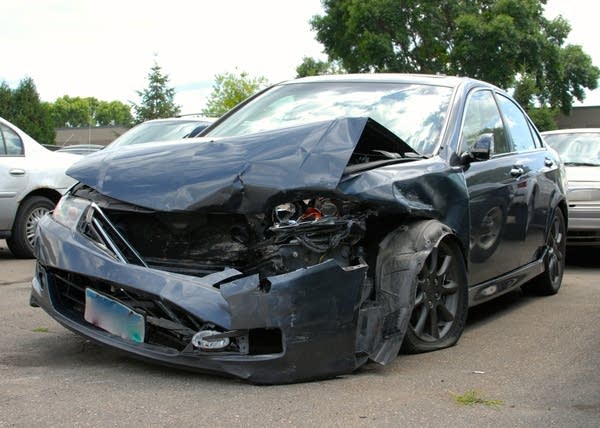Mom of toddler hurt in crash speaks out on texting while driving

Kelsey Dyals was driving this car with a friend and her toddler son, Henry, when they were struck by a teen driver reading a text behind the wheel.
Minnesota Department of Public Safety
Go Deeper.
Create an account or log in to save stories.
Like this?
Thanks for liking this story! We have added it to a list of your favorite stories.


